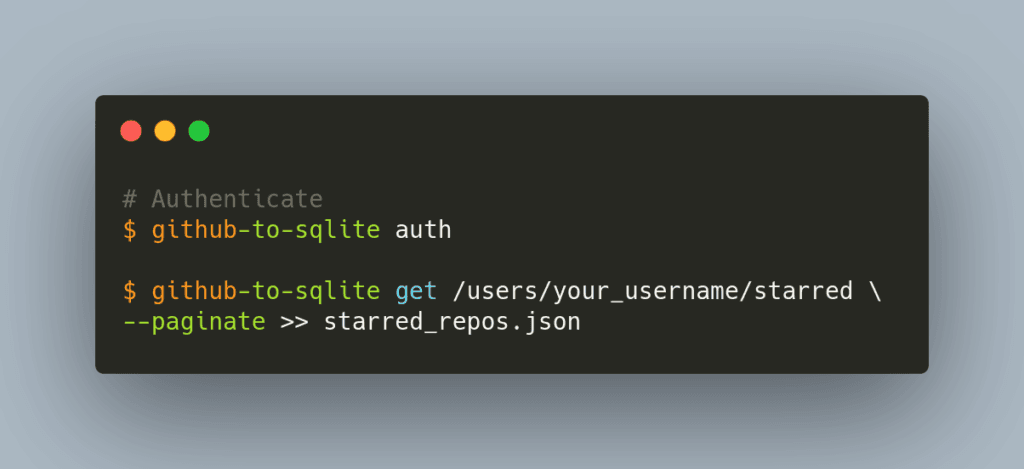Entr — Automatically Execute your Python File when it Changes
If you want to automatically rerun a Python file whenever it changes, use entr.
In the GIF above, whenever I change the code and hit Save, my Python file will rerun. This tool is especially useful when you are testing your function.
Link to entr.
Link to my article about entr.
Favorite
Entr — Automatically Execute your Python File when it Changes Read More »








